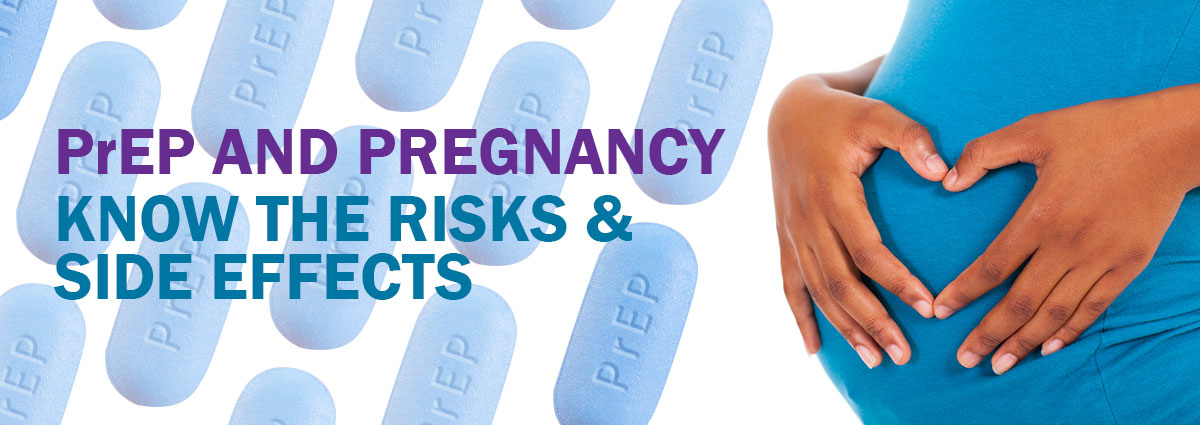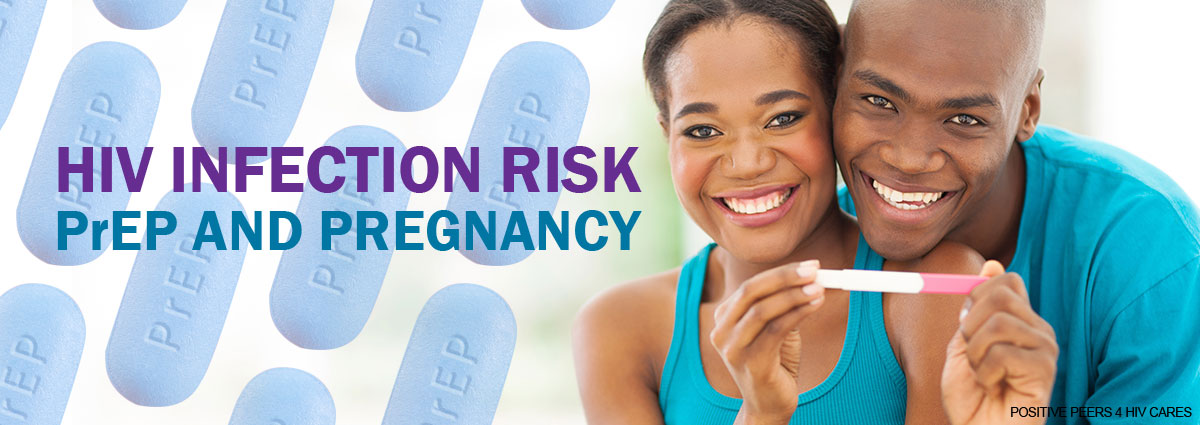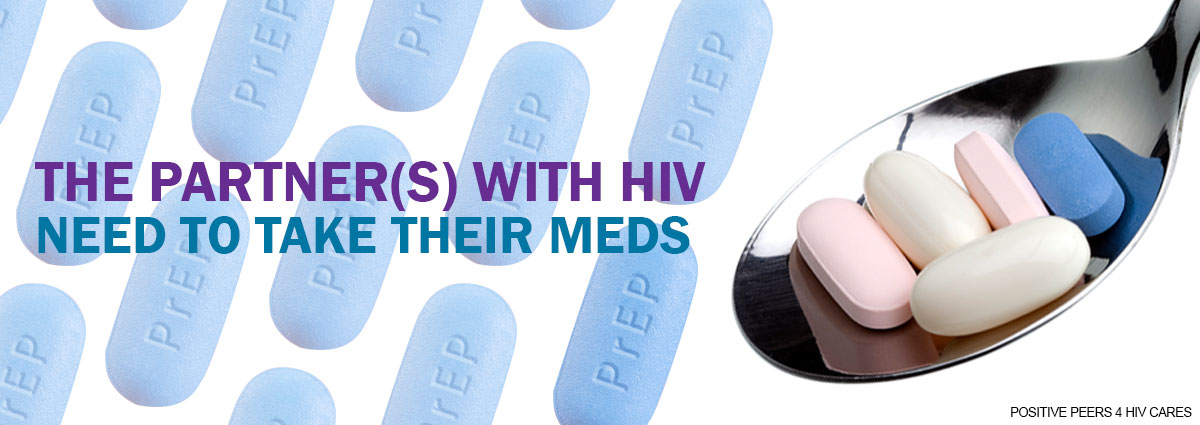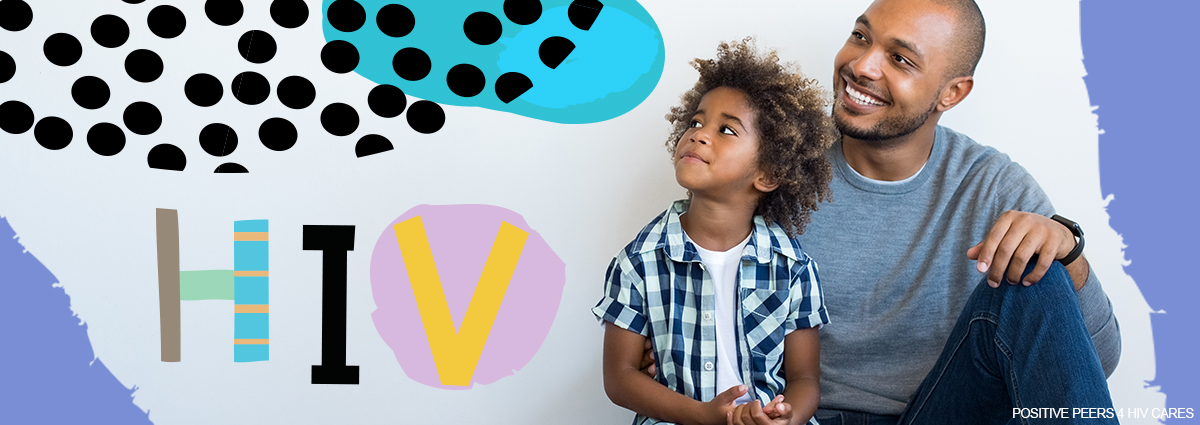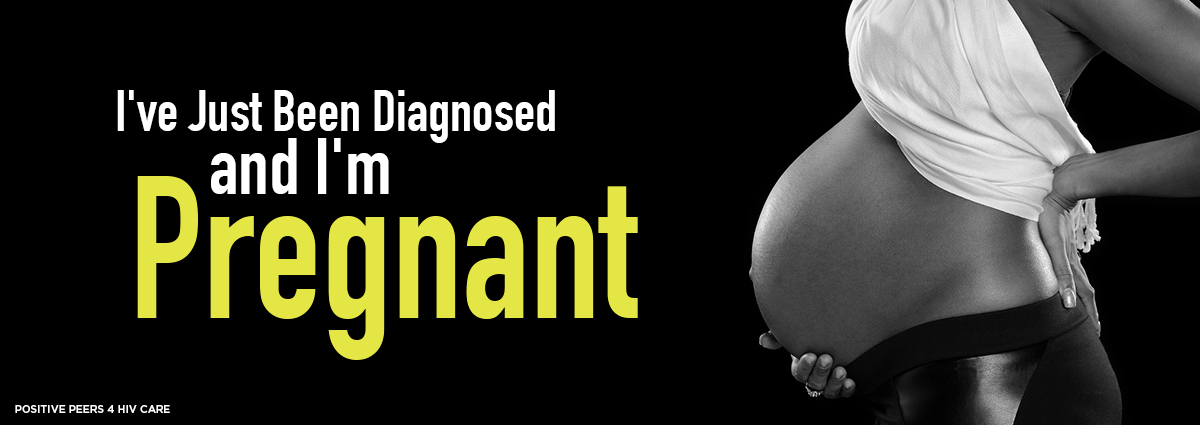By: Ann K. Avery, MD, Infectious Disease Physician at MetroHealth Medical Center
The question of PrEP and pregnancy is a bit of a tangle.
PrEP, or Pre-Exposure Prophylaxis, is a medicine HIV-negative people can take to reduce their odds of becoming infected with HIV by up to 92%.
PrEP can help a HIV-negative woman have a child with a partner who has HIV.
The question is whether she actually needs to take PrEP in this situation — especially if her partner is already taking anti-retroviral medication and is undetectable.
HIV infection risk, PrEP, and pregnancy
PrEP puts powerful anti-retroviral medicines in your blood that make it extremely difficult for HIV to be transmitted. This means if you’re a HIV-negative woman, you can have condomless sex with a HIV-positive partner and have only an extremely small risk of becoming infected.
But the risk is not zero. So there will always be questions about whether PrEP is the best way to go for a mom-to-be who might be exposed to HIV while trying to get pregnant.
Studies have concluded that it’s actually more effective for the HIV-positive partner to take anti-retroviral medicines and stay on them so that his viral load is undetectable.
Once that happens, doctors say, the HIV-negative woman should have unprotected sex only when she is ovulating, which lasts a few days every month. With this advice, you and your doctors are playing the odds: The less unprotected sex you have, the less likely you are to become infected with HIV.
If your partner’s viral load is undetectable, HIV is not transmittable. And if you have unprotected sex only a few times a month, it’s extremely unlikely that you would become infected even if you’re not taking PrEP.
Come join our private, stigma-free, supportive community.
Health management tools with medication & appointment reminders.
Social networking in a community conversation & private chats.
PrEP questions to think about
Even with these tiny odds of infection, researchers wondered if an HIV-negative woman would be a little bit safer if she took PrEP anyway. Unfortunately, their studies didn’t offer a sure-thing answer, mostly because there has never been a case where someone with an undetectable viral load has transmitted the virus to their partner.
So this raises a couple questions:
- Do you really want to put powerful anti-viral medicines in your body if they aren’t really needed?
- Can you be certain your male partner will stay on his HIV meds and keep his viral load at undetectable levels?
The answer is up to you, your partner, and the advice of your doctor.
Research to date has not found any risk to the baby from taking PrEP, but experts caution that we still have a lot to learn about PrEP’s impact on the health of babies.
It’s also unclear whether PrEP has any influence on fertility.
The partner(s) living with HIV needs to be adherent to their medication
What does seem clear is the positive partner needs to be on anti-retrovirals to allow conception with no risk of transmission.
So if you’re a HIV-negative woman who is not sure that your partner is staying on his meds as prescribed, you may be better off taking PrEP when you’re trying to conceive.
Again, it’s a good idea to have an open and forward conversation with your doctor. Together, you can make a plan to ensure your baby is born free of HIV.
Related Blogs:
